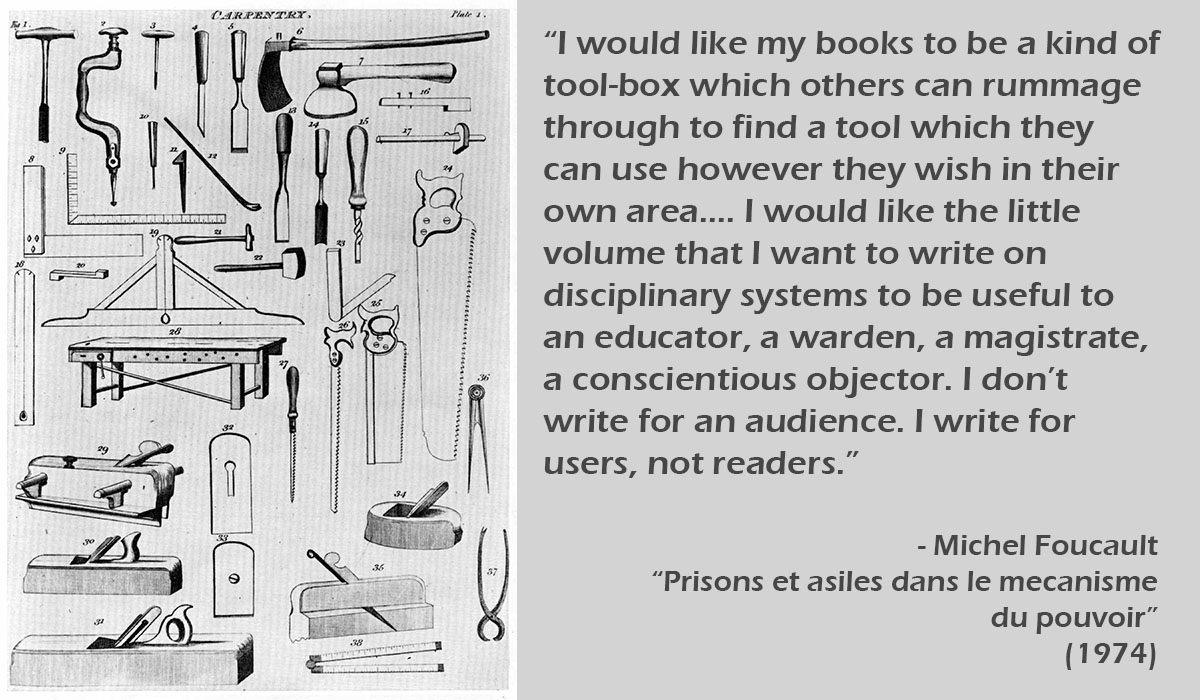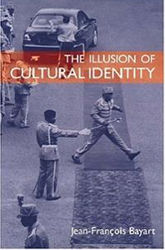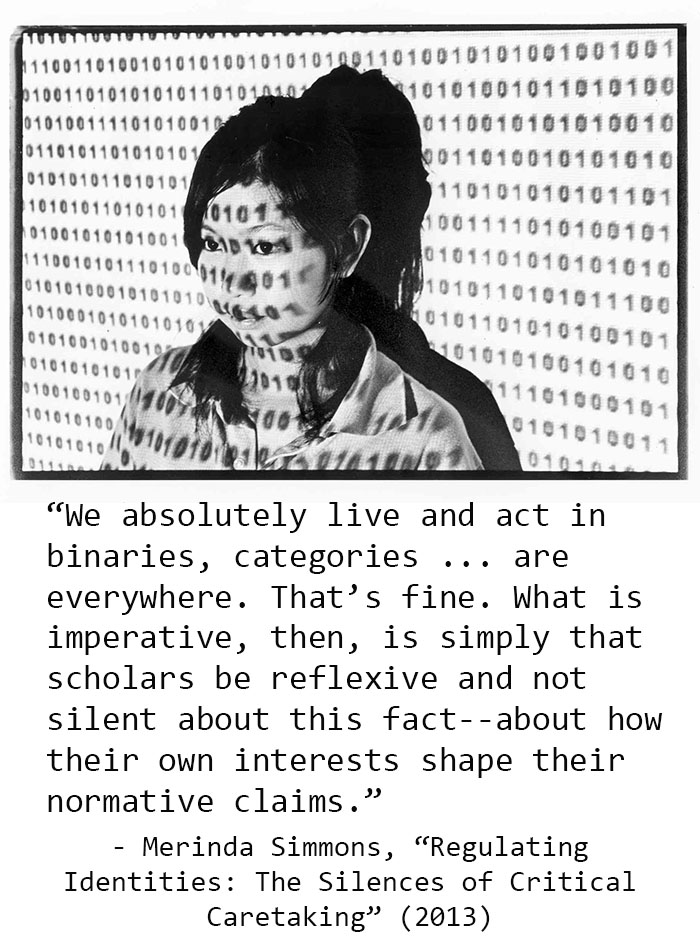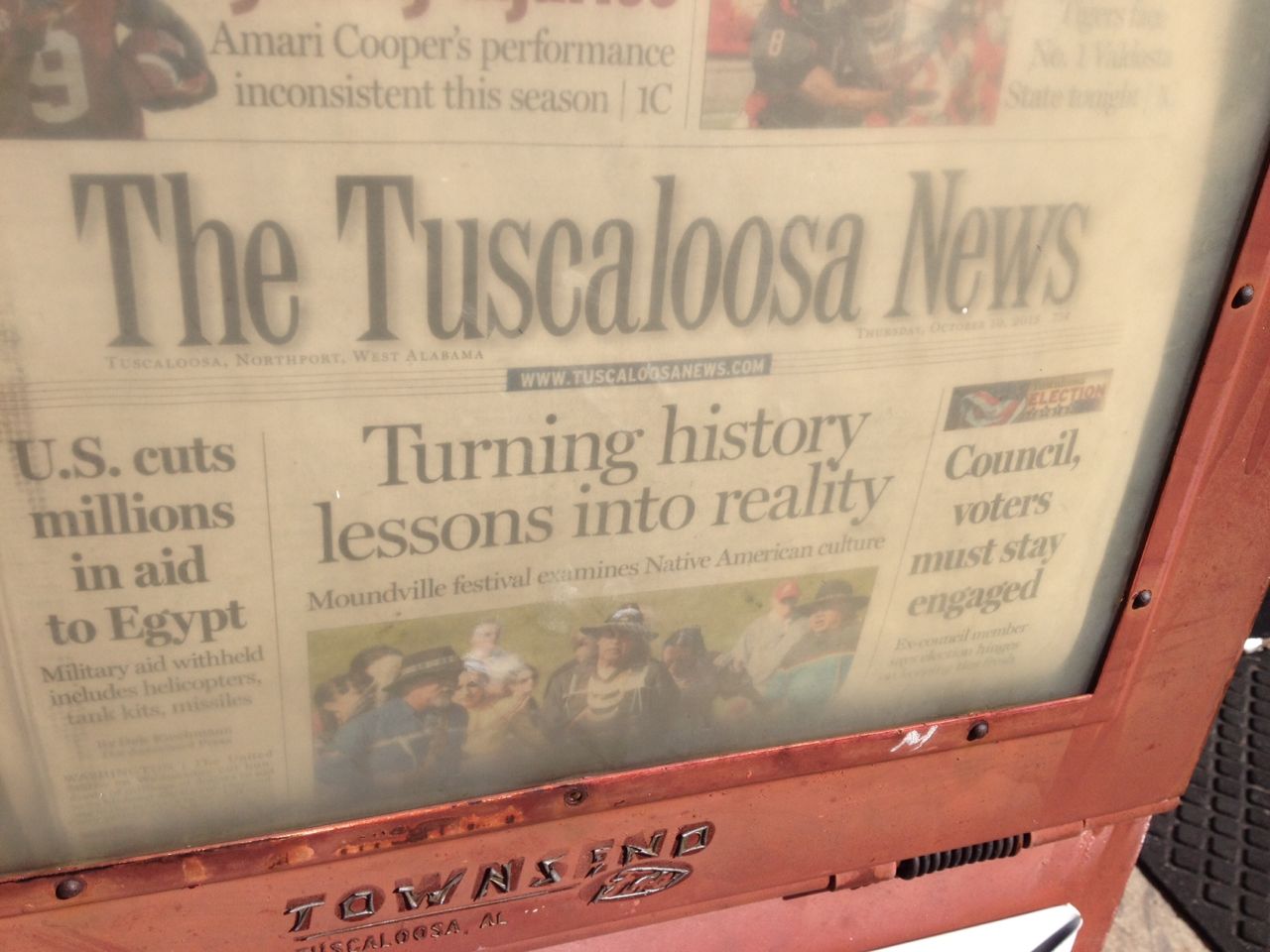 As I tried to suggest in a post last week, concern over dehumanizing the people we study has long struck me as a pseudo-problem, i.e., a problem of scholars’ own making, inasmuch as I think that we worry about this only for those with whom we already agree, with whom we already share some affinity. In a word, the fact of the concern is an example of our own identification practice/interests up and running. For all others, we, as scholars, are likely in tacit agreement that we are not trying to convey or conserve their self-perceived meanings or some ethereal quality that they apparently share with us but, instead, trying to figure out how in the world they could even think or act in the way that they do (i.e., in such cases the people we study are a puzzle to be solved and not a pristine human value to be protected from the prying eyes of outsiders), given that their actions or beliefs are so patently odd or curious or wrong or unethical or illegal or immoral.
As I tried to suggest in a post last week, concern over dehumanizing the people we study has long struck me as a pseudo-problem, i.e., a problem of scholars’ own making, inasmuch as I think that we worry about this only for those with whom we already agree, with whom we already share some affinity. In a word, the fact of the concern is an example of our own identification practice/interests up and running. For all others, we, as scholars, are likely in tacit agreement that we are not trying to convey or conserve their self-perceived meanings or some ethereal quality that they apparently share with us but, instead, trying to figure out how in the world they could even think or act in the way that they do (i.e., in such cases the people we study are a puzzle to be solved and not a pristine human value to be protected from the prying eyes of outsiders), given that their actions or beliefs are so patently odd or curious or wrong or unethical or illegal or immoral.
To us, that is…. Continue reading “Oh, the Humanity…”

 Learn
Learn  I’m continually fascinated by the manner in which scholars claim to be historically-inclined — thereby distinguishing themselves from mere amateurs or wannabes — in the very moment that they sprout wings and transcend history. For example, my own interest for some time has been the history and use for the category religion — i.e., what’s socially, politically, etc., at stake (for good or ill) in naming something as religion (or as faith, as spiritual, as tradition, as experience, etc.) and then treating it as such, presuming it shares some hidden link with other things so named. Many people now claim to work in this area, making such a focus on the category religion seem something other than cutting-edge.
I’m continually fascinated by the manner in which scholars claim to be historically-inclined — thereby distinguishing themselves from mere amateurs or wannabes — in the very moment that they sprout wings and transcend history. For example, my own interest for some time has been the history and use for the category religion — i.e., what’s socially, politically, etc., at stake (for good or ill) in naming something as religion (or as faith, as spiritual, as tradition, as experience, etc.) and then treating it as such, presuming it shares some hidden link with other things so named. Many people now claim to work in this area, making such a focus on the category religion seem something other than cutting-edge. 


 On the way back from walking my dog this morning I caught the end of a
On the way back from walking my dog this morning I caught the end of a  Forthcoming in
Forthcoming in  The local newspaper recently ran a
The local newspaper recently ran a